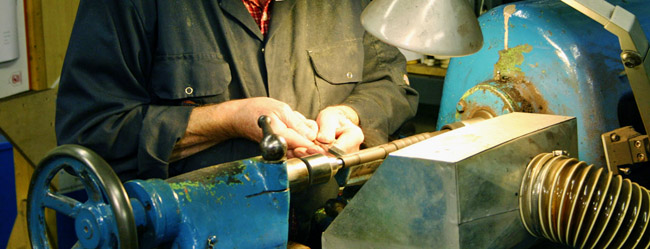The pipes, the pipes are shipping
The addition of dalbergia melanoxylon – commonly known as African blackwood – to the Convention on International Trade in Endangered Species of Wild Fauna & Flora (CITES) Appendix II on January 2nd has resulted in little-to-no disruption in the flow of new instruments outside of the European Union, according to R.G. Hardie & Co., one of the world’s top makers of Highland pipes.

While it took a few months to sort out the paperwork system, Alastair Dunn, head of Hardie, said, “We have been receiving permits and exporting blackwood bagpipes without any issue. They have arrived safely in North America and Australia for example.”
Each new set of blackwood pipes requires the maker to obtain a CITES permit, a cost that is passed on to the buyer, but Dunn said that his company has heard no concerns from eager customers. The fact that the British pound has devalued so dramatically since the Brexit vote to leave the European Union is actually helping, since the price of pipes for international consumers has actually declined. “They are actually saving compared to pre-Brexit even including our price increase and the permit.”
Importantly, for owners of blackwood instruments – pretty much every piper in the world – can rest easy, as there is an exemption of 10 kilograms for non-commercial travel. That 10kg as the weight of only the blackwood and not the mounts, bags, cords. The exemption covers essentially every musical instrument made from wood on the CITES Appendix, including a relatively massive double bass.
Dunn said that having serial numbers of registered instruments are not required when travelling, but his company stamps a special number on the bass drone stock of its new Henderson instruments.
+ CITES permits could have profound impact
+ Blackwood use could soon become tricky
The European Commission, Directorate-General, Environment, recently issued a Q&A document that attempts to address concerns of musicians travelling with instruments made from African blackwood and other species on the CITES lists.
Click here to access the document (we have highlighted a few of the more salient aspects).
Pipers with instruments with ivory mounts are still advised to look into obtaining a CITES permit when travelling internationally.
+ U.S. plans to lighten up on ivory-mounted pipes
+ Confiscated! Two vintage bagpipes seized at US border

NO COMMENTS YET